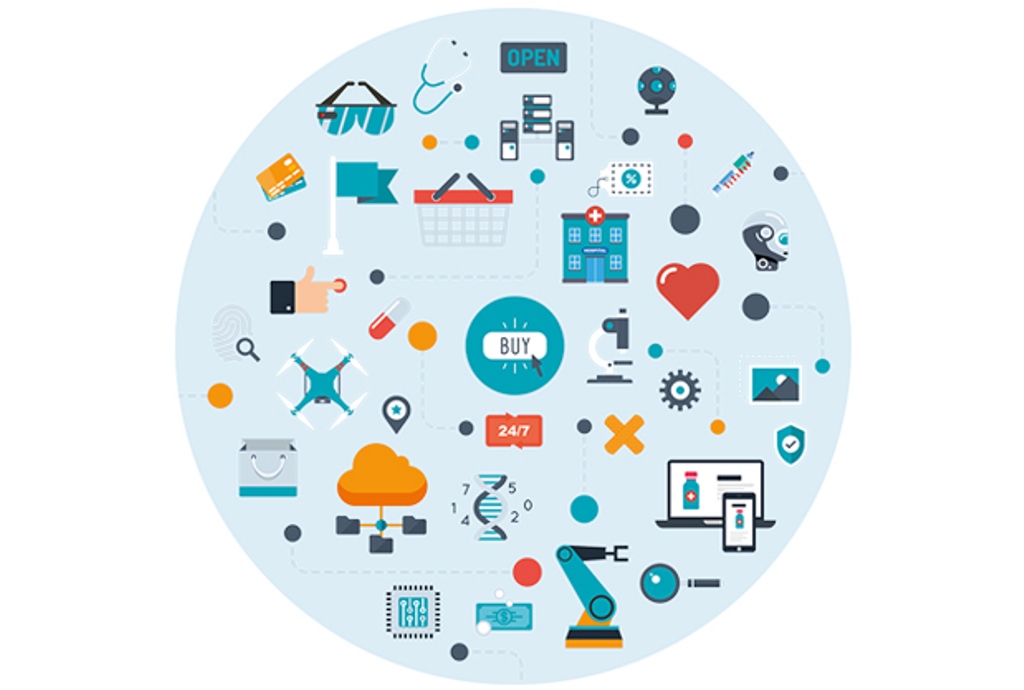Healthcare supply chains to digitise and automate, says new report
21 / 07 / 2017

The automation and digitisation of healthcare supply chains will drive the development of future pharmaceutical supply chains, according to a report by DHL.
The report identified six transformational trends that would affect future healthcare supply chains: big data analytics; the internet of things; healthcare on demand; robotics and automation; augmented reality and additive manufacturing.
Bill Meahl, chief commercial officer, DHL said: “The Life Sciences and Healthcare sector is currently going through a transformational phase of its operating models and supply chains: The industry is affected by cost pressure from governments and regulatory authorities, changing consumer behaviour as well as the effects of digitalisation."
The report states that big data will allow healthcare providers to make more informed decisions about the management of their operations by connecting all members of a healthcare system and combining data. This helps better predict demand and can cut cost and improves efficiency in Life Sciences logistics and supply chain operations.
Internet of Things (IoT) enabled technologies allow increased visibility and connectivity across the supply chain, with tighter control of product inventories across the supply chain, reducing loss and waste.
Meanwhile, the development of healthcare on demand models will see the online pharmaceutical market grow to $128bn by 2023.
As a result, delivery channels will be “transformed” with new direct-to-consumer delivery models and to increase speed and flexibility in last mile.
The report predicts Life sciences manufacturers will also go further downstream into hospitals to enable on-demand delivery of devices from medical parts to surgery kits.
The use of robots and automated vehicles will reduce labour required in repetitive tasks such as picking products in warehouses to sorting and analysing laboratory samples, while aerial drones will be used to enable faster, cheaper last mile deliveries in remote areas.
Augmented reality will offer new ways of displaying and presenting information to make supply chain operations more accurate and efficient and additive manufacturing will enable medical devices and even drugs to be increasingly personalised and manufactured on demand using advanced 3D printing systems.
“This will change treatments and transform supply chains, with more products manufactured close to the point of use and decentralized production networks,” DHL said.














